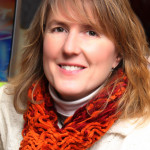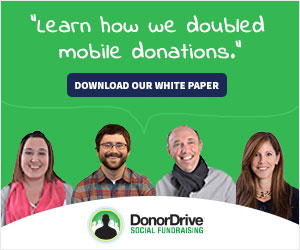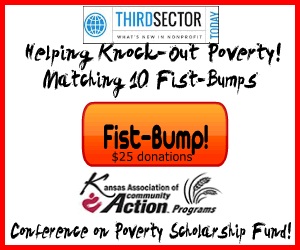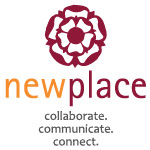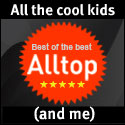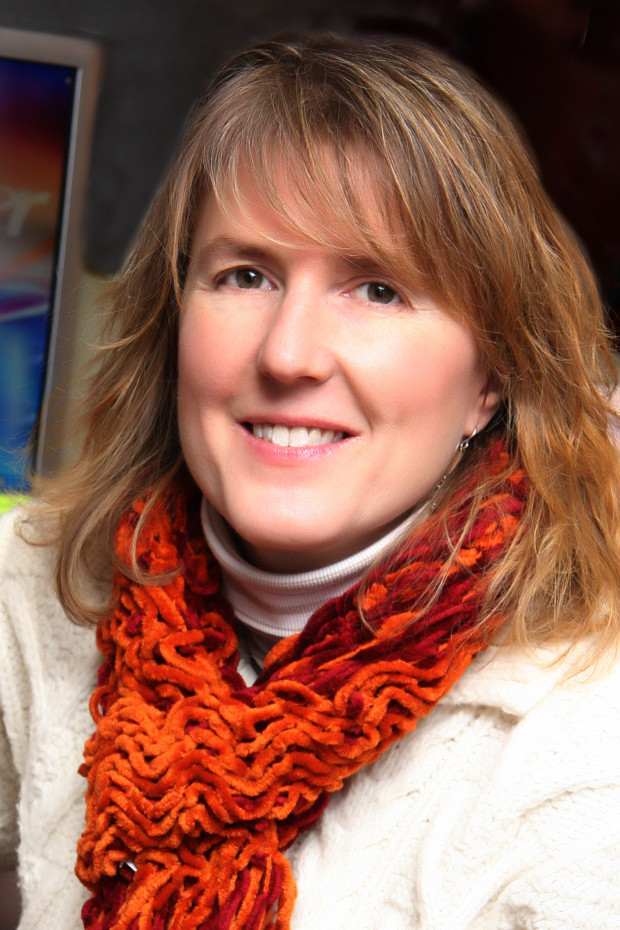 Introducing our featured Executive Director for this month: Karen Gager, Executive Director at HeadsUp in Rhode Island. Here Karen shares some advice relative to common struggles cited by many of our readers: limited financial and human resources. We think you’ll relate to Karen’s challenges and hope you’ll be able to benefit from her tips on how to think strategically, network and engage community partners for greater outcomes.
Introducing our featured Executive Director for this month: Karen Gager, Executive Director at HeadsUp in Rhode Island. Here Karen shares some advice relative to common struggles cited by many of our readers: limited financial and human resources. We think you’ll relate to Karen’s challenges and hope you’ll be able to benefit from her tips on how to think strategically, network and engage community partners for greater outcomes.
TST: Karen, please tell us the “story” of HeadsUP, Inc. and how you became involved with it.
Karen: HeadsUp was created as a separate non profit by Mathewson Street Church, an urban church in the heart of downtown Providence, in the year 2000. HeadsUp which is an acronym for Health, Education & the Arts Developing Strength, Unity and Peace, has since focused on overseeing & supporting the secular programs that are using space in this 20,000 square foot building, an historic structure built in 1896. The primary focus has been providing programming for the homeless, low income individuals and at risk youth in collaboration with other local non profit organizations. In 2009, there was a revived effort to further develop the organization into a stronger entity in order to increase programming & utilization of space in the building. I became involved initially as a consultant in 2010 to evaluate current programs & partnerships and make recommendations for next steps for the organization. With some infusion of grant funds at the time, I was hired on as the Executive Director. My focus has been to continue to develop programming and revitalize use of space in the building, including a black box theater, to meet the needs of the downtown Providence community.
TST: I imagine that your role as Executive Director demands a skill set including everything from ability to network, recruit, and collaborate to developing programming, grant writing, fundraising, and public speaking. If you had to rank just one as the ability you feel is most crucial to the success of your organization, which would it be and why?
Karen: As the sole staff person for the organization, I have had to multi-task, prioritize and think strategically. I think that the most critical skill for the success of this organization has been networking and engaging community partners. As a small grassroots non profit, there is only so much we can do on our own. We have been able to engage several local universities, most predominantly Johnson & Wales University, to do direct work experience projects focused on program development, and sign on with our local volunteer recruitment organization, SERVE RI, for recruiting Board members & weekday and work group volunteers, and, most recently with the support of grant funds, we have been able to hire Partners for Sacred Places, a national organization whose mission is focused on caring for and making good use of older & historic religious properties in the United States. My philosophy is that the more people you can engage – and in our case, bring into the building – the better!
TST: More and more, it seems, nonprofits are providing social services and picking up where the government left off. Has your organization experienced challenges as a result? If so, how are you working to overcome them?
Karen: Yes, like many other nonprofits we are faced with the challenge of decreasing funds, particularly general operating funds to help pay for staffing. Yet, we see the need more & more in those who come through our front doors- especially the weekly soup kitchen that we host. A key, I believe, is diversifying income and building collaborative partnerships. We, like more nonprofits, are looking at developing social venture businesses in order to diversify sources of income for the organization. We have participated in training with Social Enterprise Greenhouse, a local nonprofit that supports mission driven ventures, in looking at developing the kitchen on-site into a community kitchen for rent as well as renting/developing programming for a black box theater and other spaces in the building. I think these are valid options and can be successful if needed start-up funds are available. In addition, I think that there needs to be more collaboration, joint programming and joint grant writing between and among non profits that are similar in their focus & mission. There can be duplication of and disconnect in services when non profits work independently and not in harmony with one another. I am hoping that both of these concepts (collaboration & social venture businesses) will continue to increase to assist with the future sustainability of so many non profits that are doing transformative and much needed work in our communities.
TST: Any final words of wisdom you’d like to share?
Karen: Have a vision. Be passionate about what you do. Stay focused. Persevere.
Karen Gager received her master’s degree in clinical social work from Boston University School of Social Work. She has been working in nonprofit management for 15 years and has been a part of the nonprofit world for more than 25 years. To share more ideas: Please “like” HeadsUp, on Facebook and “connect” with Karen on LinkedIn.
Have a story or tips that you’d like to share with others who are passionate about leading nonprofits? We’d love to hear from you: please email us your ideas: [email protected]


